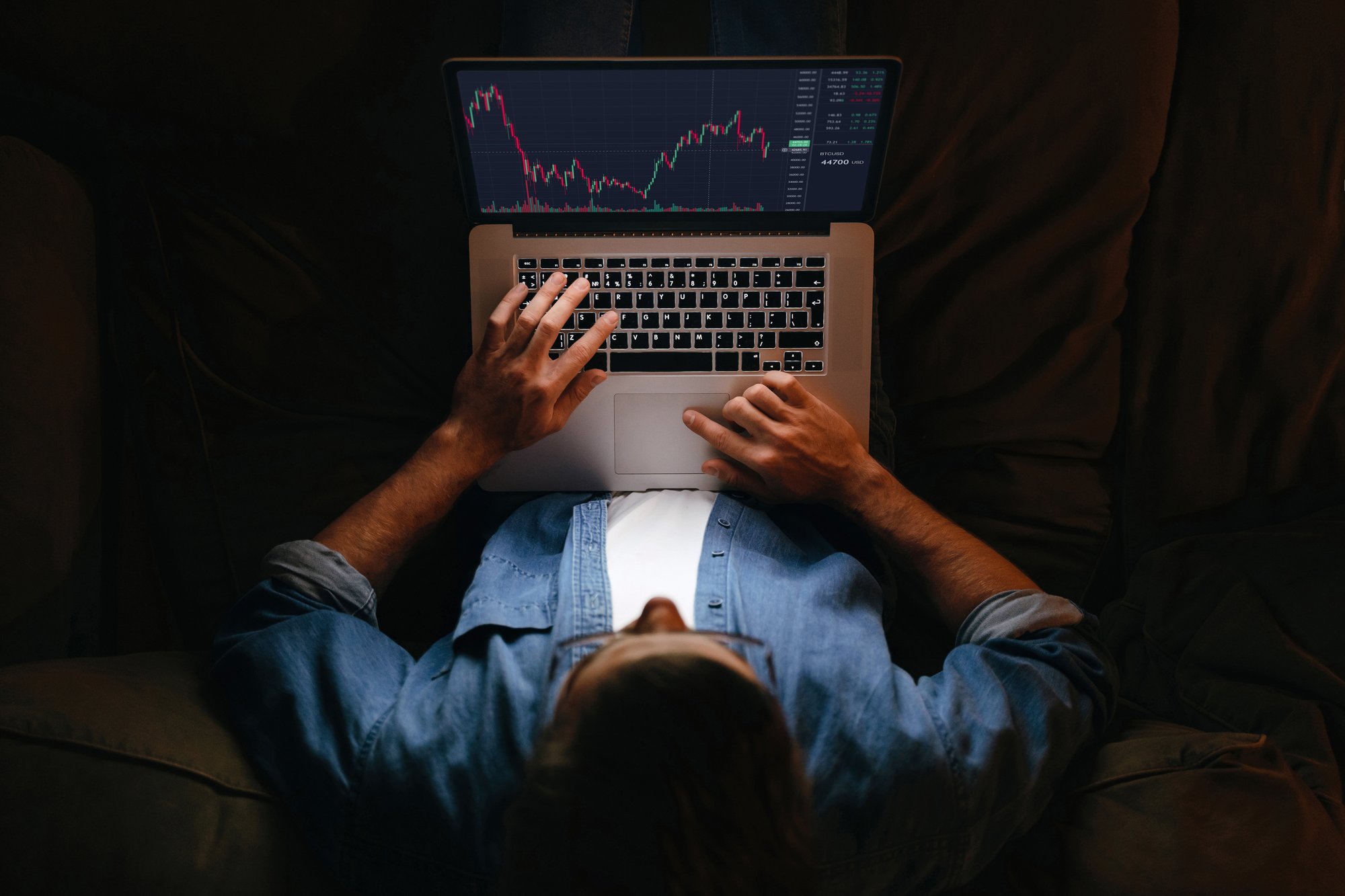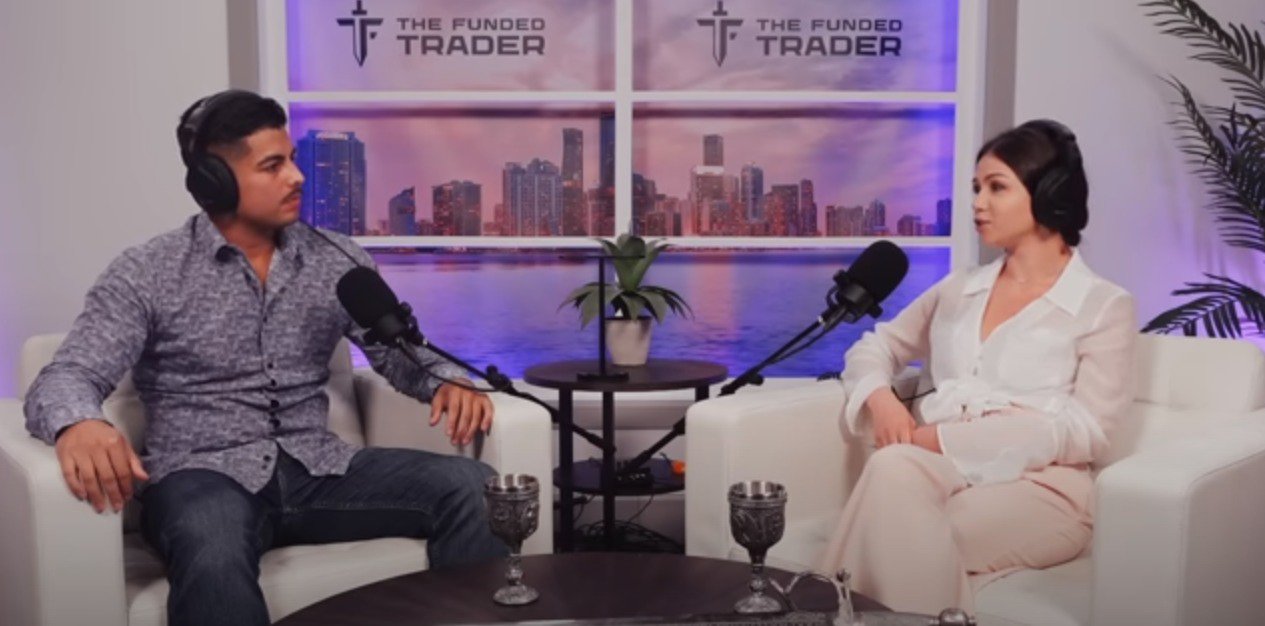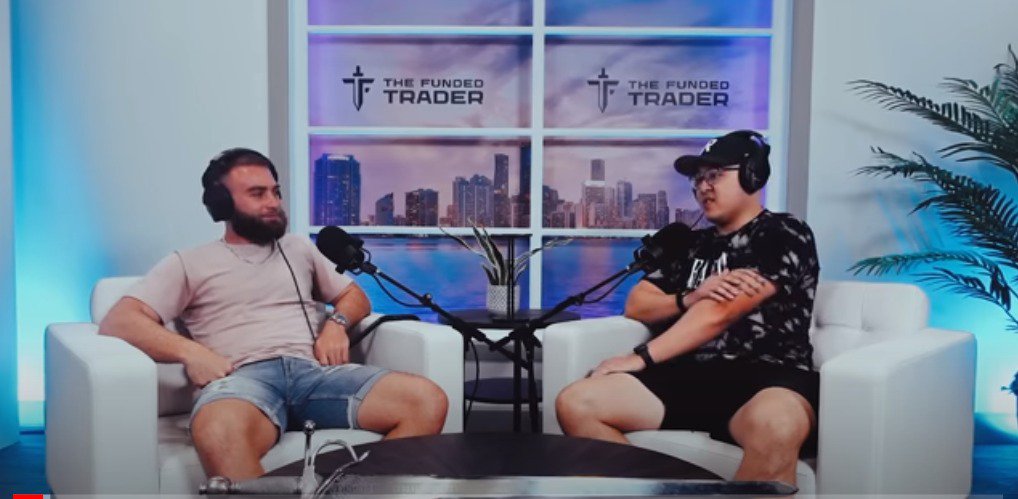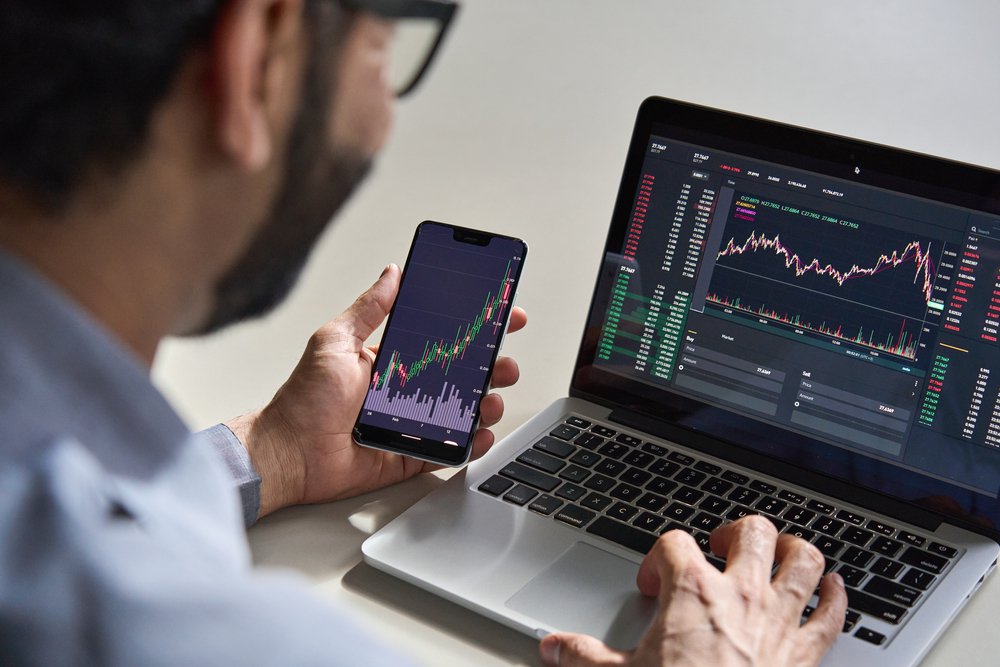Traders often face difficulties due to the complexity and unpredictability of foreign exchange (Forex) trading. The ones who do best often talk about some common traits every trader needs to be successful. While strategies and skills are important, a winning mindset is also essential. In his book Trading in the Zone, Mark Douglas delivers eye-opening advice for overcoming the psychological barriers in simulated trading to achieve the desired results.
Here are key takeaways from the book every trader must learn. These tips will help you build the discipline needed to succeed.

A Trader’s Winning Mindset: What Is It?
Consistency is an essential skill, but it’s difficult to groom. Being consistent in something means getting the desired results the majority of the time. However, achieving this consistency in simulated trading is a big challenge; only a winning mindset can deliver consistent results.
According to Trading in the Zone, the development of a winning mindset means the evolution of the mind. This evolution has three stages:
- Fundamental analysis
- Technical analysis
- Mental analysis
The shift from fundamental to technical and mental analysis will help traders complete the psychological gap. So, how can you assess whether you’ve developed a trader’s winning mindset? There are two parameters:
- Positive Approach
- Disciplined Approach
What’s more, the key trait of a winning mindset is staying committed to learning and improving. The traders who are successful today have learned continuously from their mistakes.
Years of research and working with traders helped Douglas decode the making of a successful trader. He believes these individuals have a different mindset from the rest of the group—they’re able to remain focused and disciplined. As a result, these traders stay immune to adverse market conditions and don’t make hasty decisions.

How to Use simulated Trading Probabilities to Your Advantage
The harsh reality of Forex simulated trading is that even the most successful traders lose money. So, the definition of successful simulated trading is making virtual profits consistently over the long term. The key is making small virtual profits over a longer period rather than aiming for one big score.
Probability and simulated trading have a closely tied relationship; so, you’ll need to build probabilistic thinking to achieve success in this field. Simply put, when traders make a decision, they must think about a set of possible outcomes—this is the essence of simulated trading in the zone. You may not know which outcome will be final, but examining all the possibilities brings acceptance and a sense of calm.
The Relationship Between simulated Trading and Gambling
Trading is like gambling. In both, the participants face a multitude of variables and must accept the unpredictability and uncertainty. But every trade has an edge, which can bring a winning trade.
On the chart, the market might look easy to decipher. But traders don’t know the thought process of other traders, just as a gambler at a table doesn’t know what the next player’s move will be. A trader’s job is to find the edge, which will work in their favor and bring success.
How to Build a Probabilistic Mindset
In Trading in the Zone, Douglas says that to build a probabilistic mindset, you must accept the uniqueness of the market. A distinctive character exists in every trade. For instance, the number of participants in a trade that worked in your favor may be different in the next one.
A non-probabilistic mind will try to imitate the same simulated trading strategy in the hopes of getting the same result. But what they don’t understand is that this time, the market edges may be the same, but the people behind this market are not. The behavior these people will adopt is unknown, as is how their decisions will affect the market.
As an individual builds a probabilistic mindset, they focus on the here and now. A probabilistic mindset won’t fret about past edges they’ve missed. They simply work according to the present situation. People with this mindset find the edge in every trade and consistently increase their appetite for trading.

Why You Should Embrace Risk
Fear is one of the strongest emotions connected with trading. This is especially true of new traders, who navigate fear and regret more often than experienced traders.
Embracing risk is one most important skills a trader can develop. After all, there’s risk in every trade. But it’s the fear of losing money or taking a risk that has become the root cause of actually losing money and selling prematurely.
Trading in the Zone asserts that one of the best ways to embrace risk is to be immune to emotions like fear, anger, and frustration. Instead, you should use good judgement to embrace risk. This means carefully examining the trades and accepting that the market has its own movement. However, combining risk-taking with technical and mental analysis can deliver favorable results.

How Misguided Goals and Irrational Fear Can Ruin Your Trading
Trading in the Zone talks openly about the challenges of fear. It’s an emotion that can lead a trader to make the wrong decision. This fearful feeling is always there but can be alleviated with the right perspective.
However, fear can overwhelm you when it stems from the wrong perspective. For instance, traders fear losing money, which can lead to emotional stress and other issues like impatience. Traders who set misguided goals can have a warped mindset about the market and see it as a threat.
Misguidance is common in the simulated trading world, where self-made gurus and experts lure new traders in with dreams of making big virtual profits overnight. Because the simulated trading industry has no warning signs or filters, beginner traders become prey to misguided goals. The need to impress others in the social network or the lure of “instant” wealth motivate new traders to make hasty and poorly researched decisions.
Practice simulated Trading in the Zone with The Funded Traded
The difference between a trader and a successful trader is the right mindset. The book Trading in the Zone highlights the importance of developing the right psychology of a trader. Successful traders aim for consistency and are disciplined enough to stay focused on their goals. They build a formidable simulated trading strategy, understand the edge, and trade with technical and mental analysis.
Learn how thousands of traders at The Funded Trader have developed winning mindsets that have made them successful traders. Leverage the power of our robust community and learn how to start simulated trading in the zone today. Let’s get started.


























